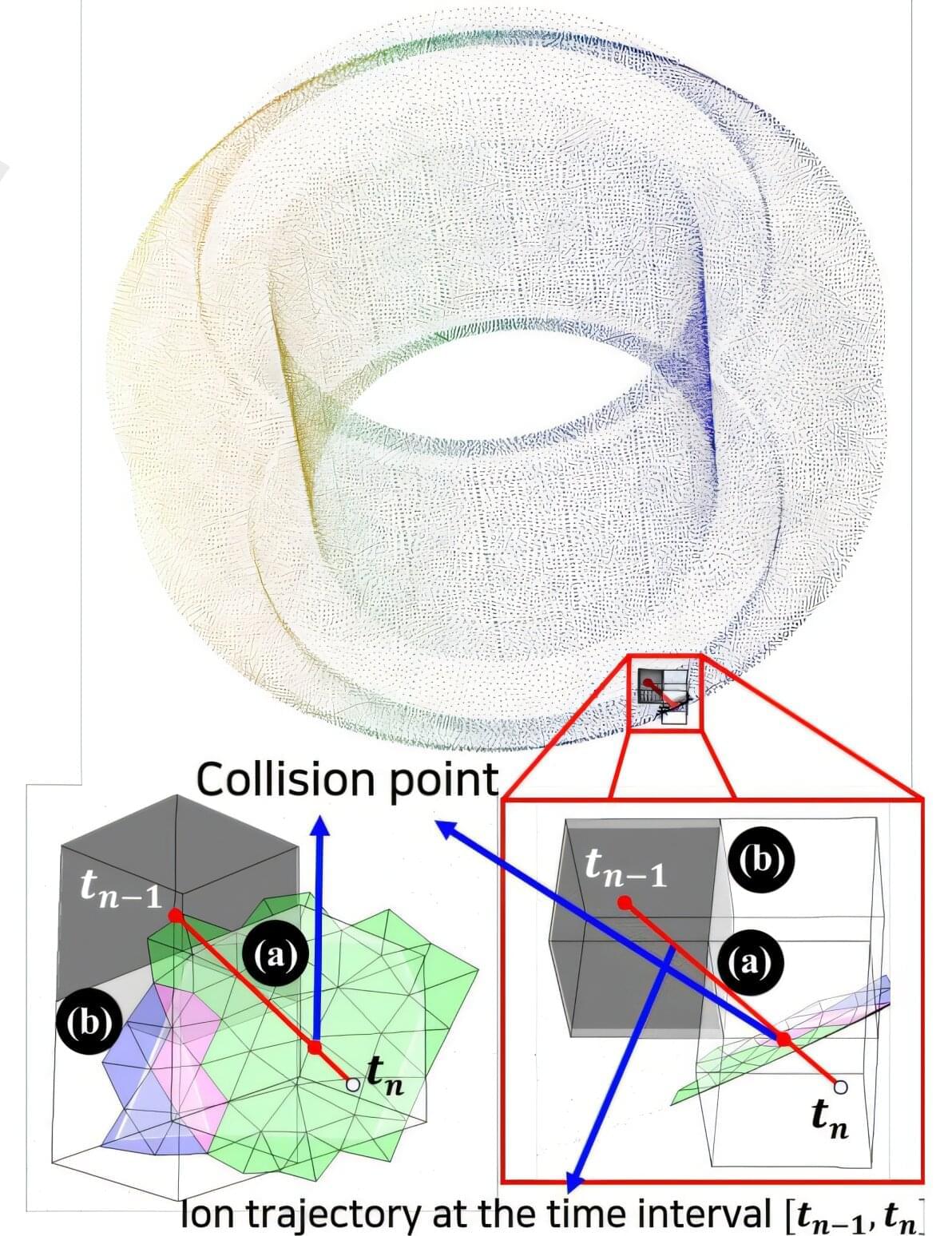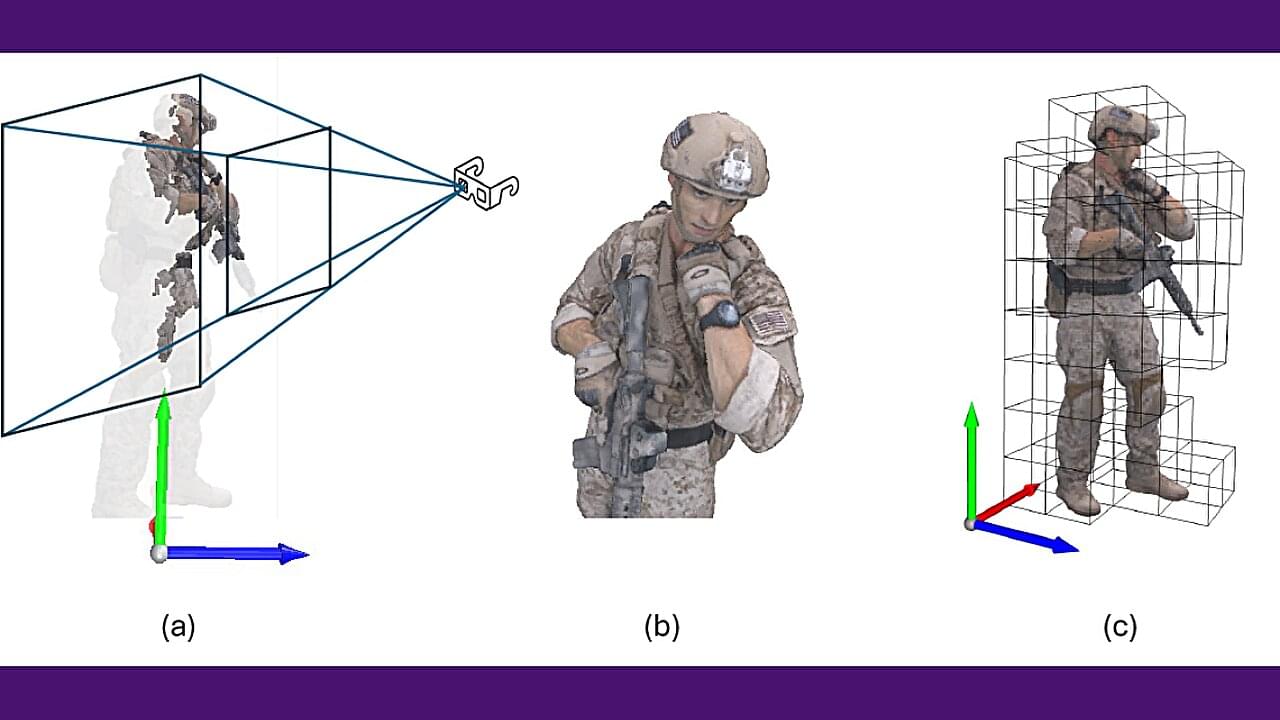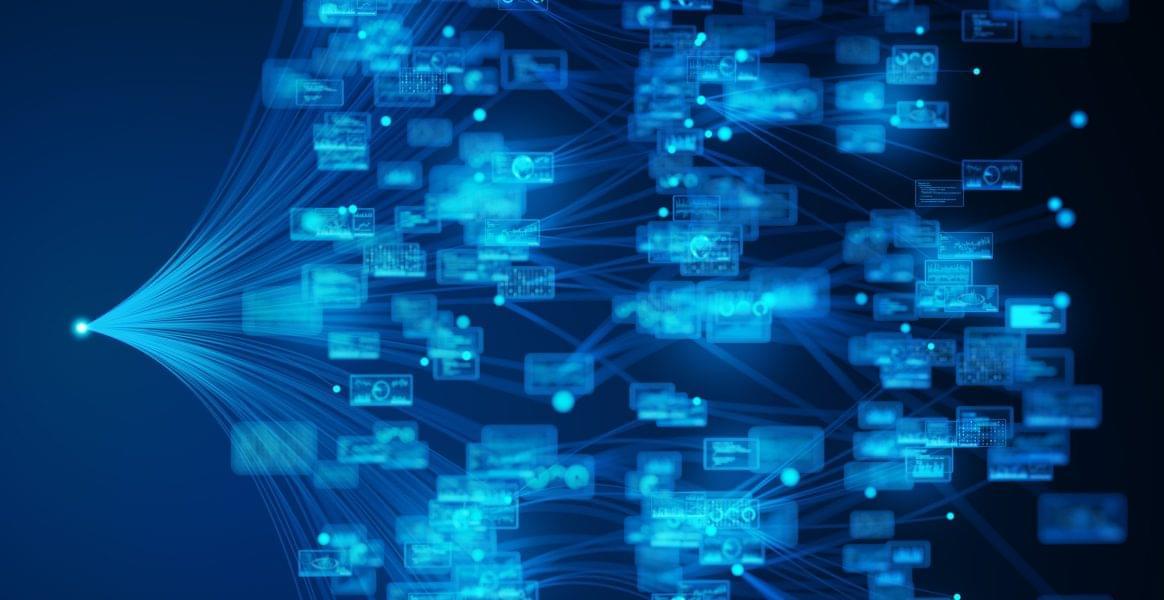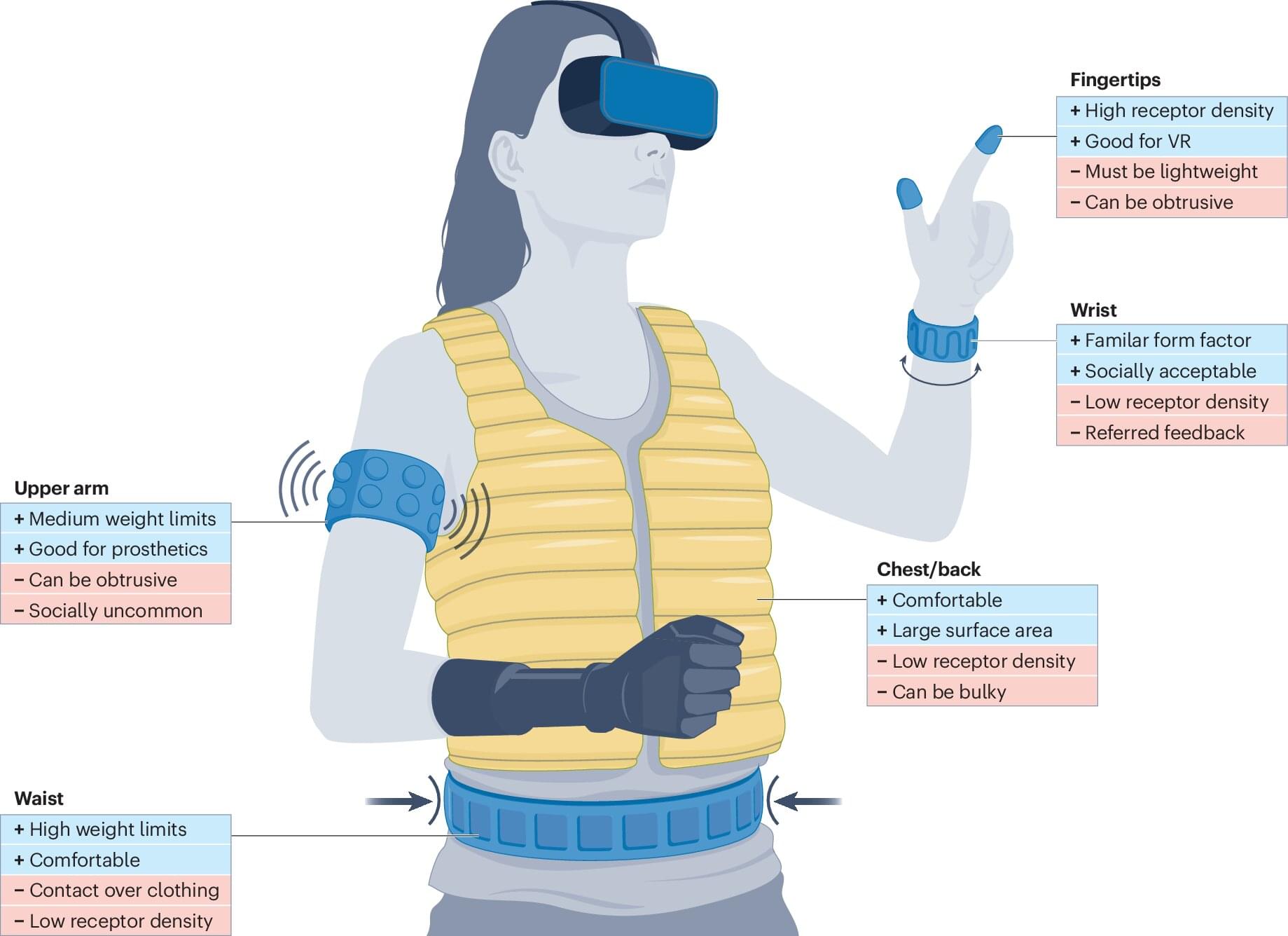An innovative algorithm for detecting collisions of high-speed particles within nuclear fusion reactors has been developed, inspired by technologies used to determine whether bullets hit targets in video games. This advancement enables rapid predictions of collisions, significantly enhancing the stability and design efficiency of future fusion reactors.
Professor Eisung Yoon and his research team in the Department of Nuclear Engineering at UNIST announced that they have successfully developed a collision detection algorithm capable of quickly identifying collision points of high-speed particles within virtual fusion devices. The research is published in the journal Computer Physics Communications.
When applied to the Virtual KSTAR (V-KSTAR), this algorithm demonstrated a detection speed up to 15 times faster than previous methods. The V-KSTAR is a digital twin that replicates the Korean Superconducting Tokamak Advanced Research (KSTAR) fusion experiment in a three-dimensional virtual environment.





